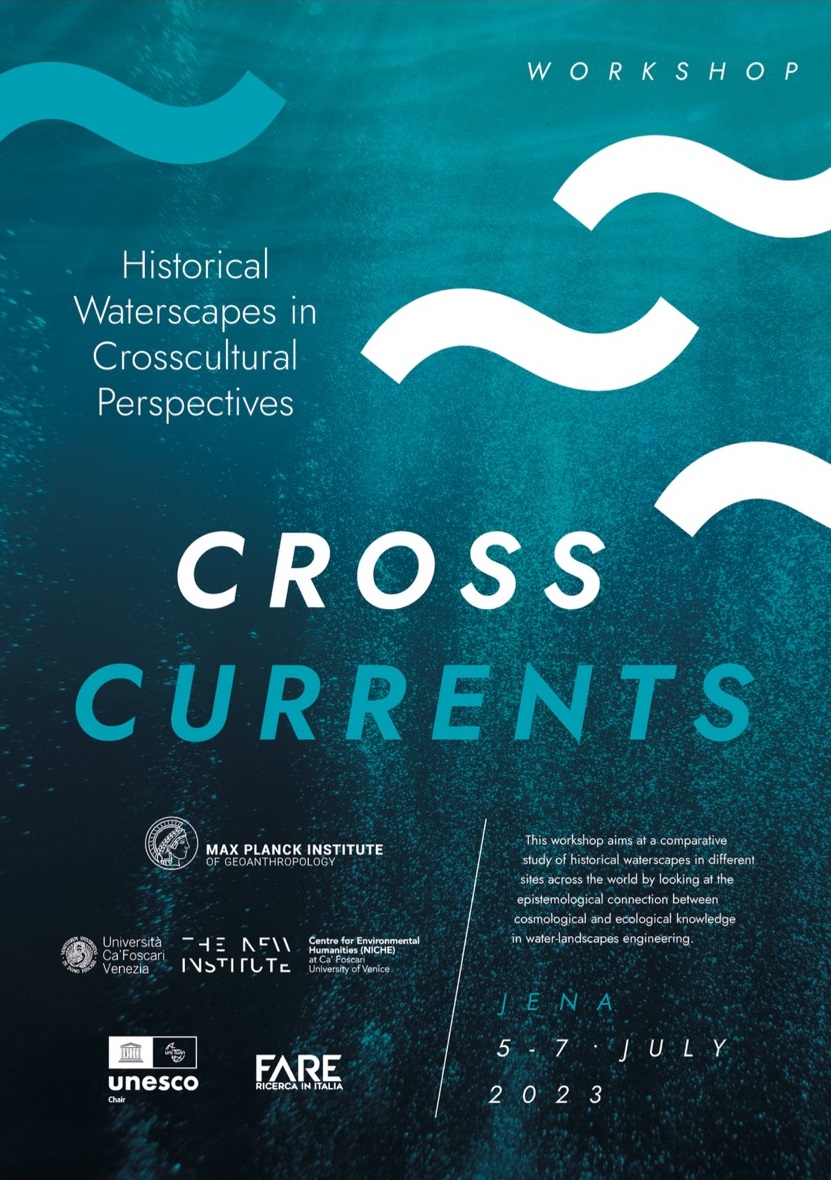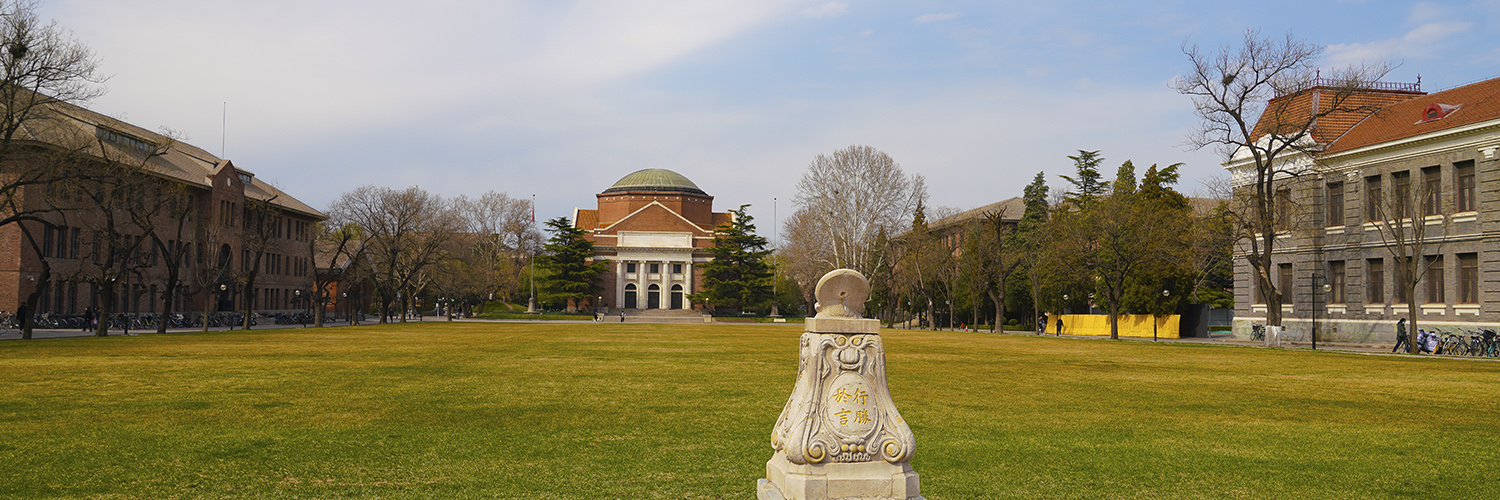Alberto Bardi(艾博), as PI of the Tsinghua University Scientific Research Initiative Project Cosmography of Historical Waterscapes, was invited to the workshop in Historical Waterscapes at the Max Planck Institute for Geoanthropology in Jena, Germany, July 5 to 7. He participated as discussant and chaired on July 6 the session entitled “Historical Epistemology of Waterscapes,” in which the following scholars presented:
Ellan Fei Spero (MIT) Sand, Microbes & Machinery: A Technological Landscape of Potable Water in a Manufacturing City at the Turn of the 20 th Century
Tanvi Agarwal (University Pondicherry) Grounding (ground)water in the Kaveri delta: A care-full approach to uncovering diversities in understanding and enacting (ground)water
Rodolfo Garau (University Hamburg) War, Science, and the Reshaping of the Urban (and Water) Space from Renaissance to Modernity: Towards a Political Epistemology of Space
Neha Khandekar (University Pondicherry) Investigating narratives behind vulnerability framings of deltaic geographies through case studies
This workshop aimed at a comparative study of historical waterscapes in different sites across the world by looking at the epistemological connection between cosmological and ecological knowledge in water-landscapes engineering. In doing so, the participants addressed one of the most urgent questions of today’s hydrogeology, which relates to the natural-cultural nexus, as indicated in the IX strategic plan of the UNESCO Intergovernmental Hydrological Program: “What is the role of water in... the dynamics of human civilization, and what are the implications for contemporary water management?” (IHP-IX Strategic Plan, Annex 2, n. 23). Workshop’s goal was to study water heritage as an open-ended historical geo-anthropological process, comprehend the current conjuncture, marked by socio-ecological unbalances, and assess alternative pathways to a sustainable future.



